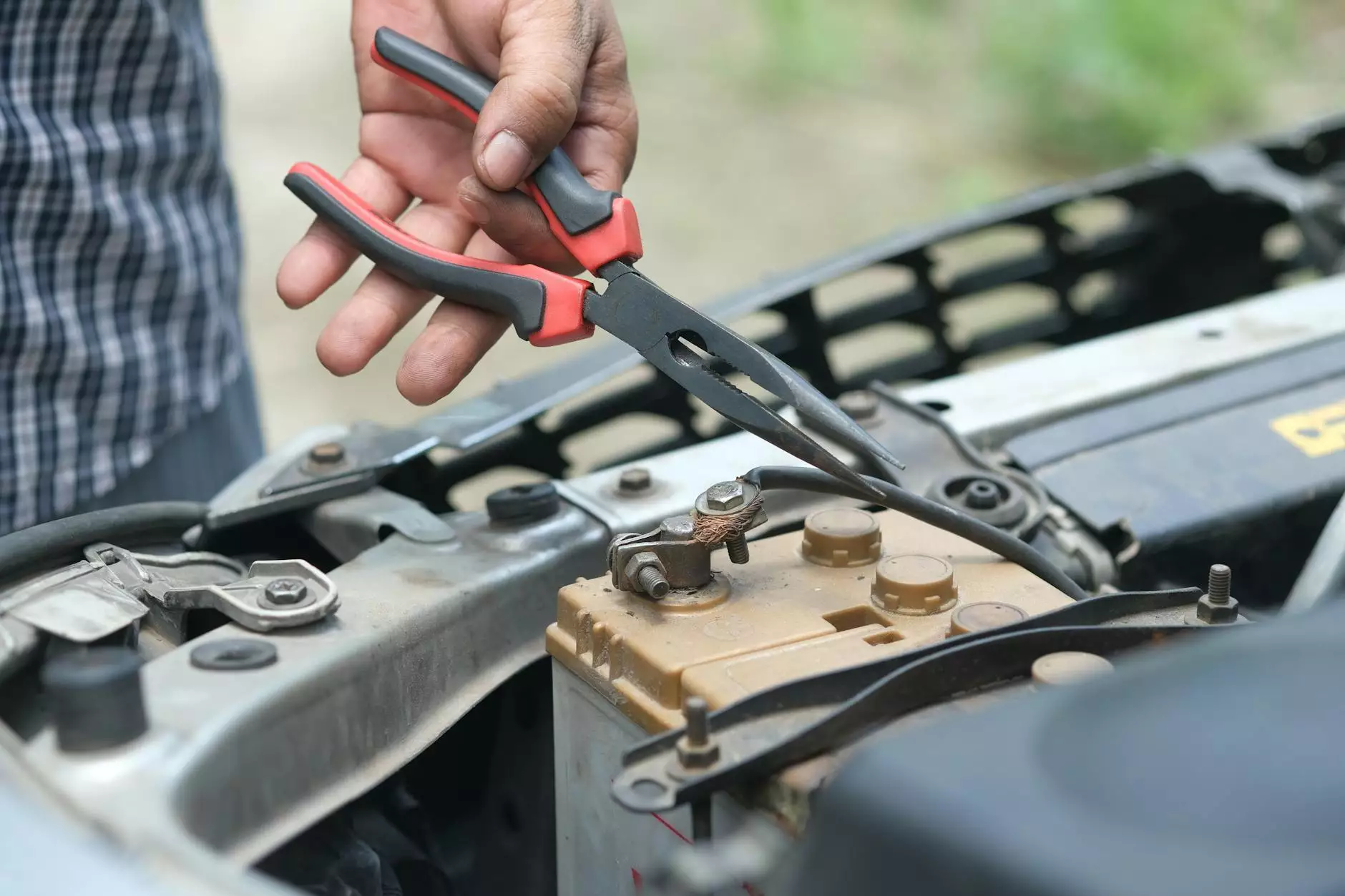Recycle Metals for a Sustainable Future

Introduction to Metal Recycling
Metal recycling plays a vital role in creating a sustainable future for our planet. By reusing and repurposing metals, we can reduce the negative impact on the environment and conserve valuable resources. Scanacon US, a leading provider of health and medical diagnostic services, is dedicated to promoting the importance of metal recycling.
Why Recycle Metals?
When we recycle metals, we significantly decrease the need for mining, which is often a harmful and destructive process. Mining can lead to deforestation, habitat destruction, and water pollution. By recycling metals, we can preserve natural resources and mitigate these negative environmental impacts.
Additionally, recycling metals helps to reduce greenhouse gas emissions and energy consumption. The energy required to extract and process virgin metals is much higher compared to the energy required for recycling. By choosing to recycle metals, we can decrease our carbon footprint and contribute to a cleaner and healthier planet.
The Benefits of Metal Recycling
1. Conservation of Resources: Recycling metals allows us to conserve valuable resources like iron, aluminum, copper, and more. These resources are limited and finite, and by recycling, we can extend their lifespan.
2. Energy Savings: As mentioned earlier, recycling metals requires considerably less energy compared to extracting and refining virgin metals. The energy saved through recycling can be allocated to other important tasks and help to reduce overall energy consumption.
3. Economic Growth: Metal recycling industry contributes to job creation and economic growth. By supporting metal recycling businesses like Scanacon US, we can contribute to local economies while also promoting sustainability.
4. Reduced Landfill Waste: When metals are not recycled, they often end up in landfills, taking up valuable space and releasing toxic substances into the ground. By recycling metals, we can minimize the amount of waste that goes into landfills and reduce associated environmental risks.
The Recycling Process
The metal recycling process involves several steps:
- Collection: Metals are collected from various sources, including scrap yards, manufacturing industries, construction sites, and households.
- Sorting: The collected metals are sorted based on their type and composition, making it easier for recycling facilities to process them.
- Shredding and Melting: The sorted metals are shredded into smaller pieces and then melted down. This process prepares the metals for the next stage of recycling.
- Purification: Molten metals are purified to remove impurities and other substances that can affect the quality of the recycled material.
- Solidification: The purified metals are solidified into desired shapes, such as ingots or sheets, ready to be used in various industries.
Scanacon US: A Leader in Health & Medical Diagnostic Services
Scanacon US is a renowned provider of diagnostic services specializing in health and medical metal recycling. Our advanced technology and expertise allow us to deliver accurate and reliable results in the analysis and processing of recycled metals.
With a strong commitment to sustainability, Scanacon US aims to help businesses in the health and medical industry achieve their recycling goals. Through our state-of-the-art facilities and experienced professionals, we provide comprehensive metal recycling solutions that meet industry standards and environmental regulations.
Conclusion
Recycling metals, such as iron, aluminum, copper, and more, is a crucial step towards building a sustainable future. By choosing to recycle, we can conserve resources, reduce energy consumption, and minimize harmful environmental impacts.
Scanacon US, as a leading provider of health and medical diagnostic services, promotes the importance of metal recycling within the industry. Through our expertise and advanced technology, we offer top-notch diagnostic services that contribute to the growth of a sustainable economy.









